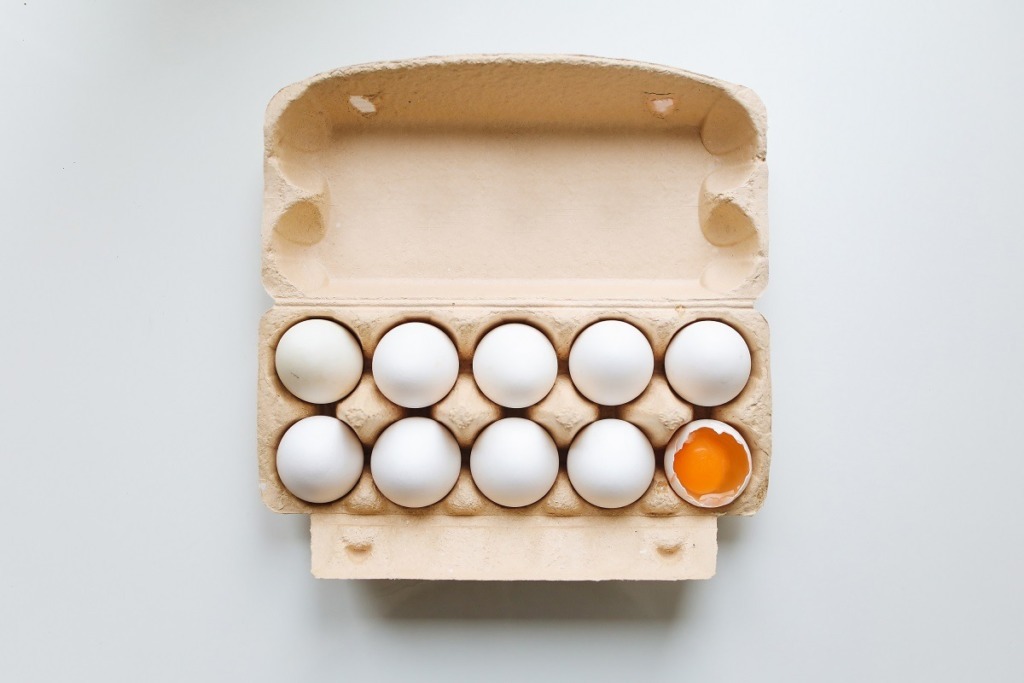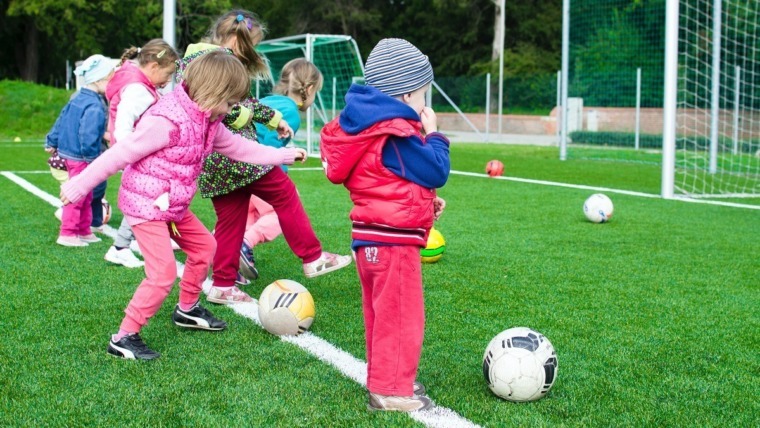
Written by Nikki Cox
Being a parent is a complex, overwhelming and sometimes stressful experience that requires a lot of constant juggling of different priorities in life. This juggling act can often leave you feeling inadequate, out of control, depleted and defeated. But when you achieve a sense of balance as a parent, this allows you to feel happy and fulfilled.
So how do we create this sense of balance?
The key thing to remember with balance is that it is subjective. That is, balance is a merely a sensation of feeling in control and that all things in your life are aligned. Whether they are or not is irrelevant; if you feel in balance, the positive benefits of this sensation, such as emotional resilience and a flexible mindset, flow on from there.
This is why the concept of ‘balance’ is so different from parent to parent; feeling that our life is in balance comes down to having your own personal values and priorities in alignment.
Balance Comes From Prioritisation
We often get stuck in the cycle of getting consumed by all the demands in our life. The reality is the housework is always going to be there. You will always come across tasks that need to be completed and times where it often feels like it all needs top priority.
Ever been short of time, madly racing around and then something else really urgent pops up and suddenly you’ve got to fit that in too? What happens? Often you get it all done. You manage to fit it in, or you let something not so important fall by the wayside. This is because you made that urgent thing a priority.
Having the time to do something important to you is never about time, it’s about priorities. If you are not making something a priority, you won’t make time for it. Shift your priorities and you will find the time.
To add to this, an important lesson to learn as a parent is not to fill up your life with things until you have made a space for what matters most. The following short exercise can help with this.
On a piece of paper, write the headings: Rocks, Pebbles, and Water. Rocks represent the most important things in your life. Pebbles are somewhat important and Water are not very important at all. Now, write the following things under whichever heading you think it belongs, according to their importance to you:
- Family
- Time on the internet
- Friends and other relationships
- Work
- Household chores
- School or other educational activities
- Time with God
- Movies/TV
- Personal skill development
- Physical exercise
- Self-care activities
Thinking about the things you placed under the ‘Rocks’ heading, do you believe you are spending the majority of your time on these? In what ways are you wasting time in your life on unimportant things (the stuff listed under ‘Water’)?
It is important to note that you may have differing opinions from other parents, and that’s ok; there is no right or wrong answer here. For example, spending time on the internet may seem frivolous to you, but for another parent it may be a huge part of connecting with family, who all live interstate. This exercise is designed to help you see, visually, the distance there might be between what your value priorities are, and what you actually prioritise day to day.
Balance Needs to Include You
Practicing self-care restores the internal balance that is often disrupted as a result of endless giving; to your children, your partner, your work... and the list can go on. It’s absolutely vital to learn how to consider your own needs against the needs of others, and how to feel good about caring for yourself as a parent.
Caring for yourself is one of the most important things you can do for yourself, and for those around you. It provides you with the energy you need to keep up with your kids and give them the best of you. The moments you spend with your family will matter more, and things will appear to run more smoothly around you due to the positive shift regular self-care practice can have on how you see life events and handle them. This means feeling less impatience, anger, guilt, and frustration that we often project unconsciously during our interactions with our children and others.
To function and thrive, we need to feel well, do well and be well, and a fundamental part of this is self-care. Simply put, self-care is about nurturing your mind and thoughts, your body and physical health, and your emotions.
Balance is Not Perfection
Balance should not be mistaken for perfection; perfection is an impossible goal. There is no such thing as a perfect parent; some degree of falling short is to be expected, and feelings that come from this, such as guilt, are a sign that something needs to change. But, as experts tell us[1], it is unrealistic to simply ‘stop’ feeling guilty altogether so instead of trying to ditch it completely, there are a few things you can do to harness and channel your perfectionism and inner guilt.
- Stop comparing yourself to other parents; the time could be better spent enjoying your children… or at least folding the laundry.
- Go ahead and ‘drop some balls’, and laugh about it as they fall. Where is it written that your role as a parent is to juggle a huge number of balls, and to do it continuously and perfectly? You can’t. You won’t. Why beat yourself up over it?
- Give yourself a little self-praise each day. Before you go to sleep tonight, think about 2 or 3 things that you achieved during the day. Even if it's just that you spent 15 minutes playing with your kids without checking your phone, or you didn't burn dinner during the witching hour.
- Trust yourself, listen to your intuition and don’t look back.
Some days may truly feel like a waste; unproductive and like you’ve been chasing your tail. Focusing on your day in this way is when the guilt creeps in, and that little voice inside your head starts criticising your choices and abilities. But I bet you do more than you think!
Most life balance strategies often separate your life into separate areas and put them into competition with each other, but the real goal should be life integration - blending together these areas of your life in a way that works towards a greater quality of life. It’s not about the amount of time you give to one area compared to another, but rather the equilibrium you create so that both areas are supporting you in living a happy, fulfilling life.
Realistically, there isn’t really a way to separate all the areas of your life; the daily actions you take shapes parts of your identity, and life integration is about aligning who you are into a larger, holistic way of operating as a person, and a parent, to create the sensation of feeling both in control and in balance.
Creating Balance in Creating Balance in Creating Balance in Creating Balance in Creating Balance in Creating Balance in




1 Comment